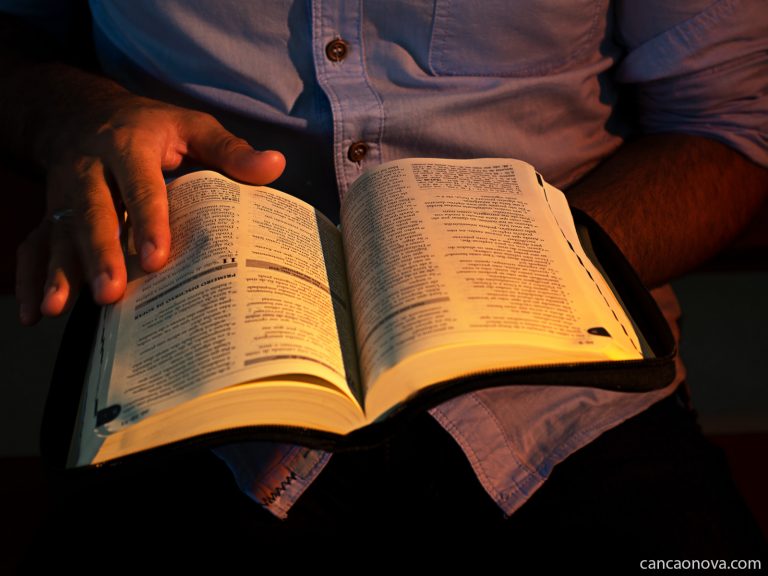Lenten Time favors our self-knowledge
In the time of Lent, the Church proposes concrete gestures that favor our self-knowledge
Socrates, Greek philosopher of antiquity, was charmed by the call “Know thyself” inscribed at the entrance to the Temple of Delphi in Athens. The saying is considered an aphorism, that is, a brief text that enunciates a rule, a thought, a principle or a warning. In this case, it seems to be an important principle and warning to the men and women of today’s troubled world. In fact, self-knowledge has been the subject of many courses not only in philosophy, psychology, or other disciplines of so-called “humanities”, but executives, administrators, economists, salesmen, and other professionals have discovered what has charmed Socrates.
It is essential to know ourselves and always have our feet on the ground of our history, our experiences of childhood and adolescence , observing our personality and our own characteristics, which make us whom we are. For this, we need to look at ourselves and try to understand our feelings, our way of relating to people, with God, our positive characteristics ( virtues ) and negative (addictions, limits).

Illustrative photo: Bruno Marques / cancaonova.com
Those who know themselves acquire an inner security and a greater stability, which allow them solid elements to deal well with the eventualities of life, with the sufferings, with what we do not like. At the time of Lent the Church offers us three concrete gestures that favor our self-knowledge: Prayer, Almsgiving and Fasting.
Prayer is an effective means of approaching God, discovering in Him the Absolute of our life, and in Him we find our true “I”. Almsgiving is a concrete act that demonstrates our desire to commit ourselves to the lives of those who suffer, to the excluded, and at the same time to our desire to become attached to perennial goods. Fasting, in turn, is an attitude that recalls our desire to have dominion over our own inner desires, maintaining balance over ourselves.
Read more:
pages are translated by Google Translate
:: Talk to God about someone
:: How to be the recipient and emissary of God’s message
:: Do you know what the power of prayer of praise is?
:: Divine Providence is neither luck nor chance
These three (very practical) gestures allow us to exercise ourselves in knowing ourselves. From them (although they are simple and simple gestures), we can deepen our way of relating to ourselves, to others and to God. For us Christians , to know ourselves is, above all, to recognize the primacy of God in our lives, to recognize in Him our origin and where we are going. Knowing ourselves is knowing that we are not alone and we need to commit ourselves to other people, especially those who suffer the most, to whom we must be in solidarity.
Finally, it is possible to affirm that the “Know thyself” that disturbed and charmed Socrates also charmed the Church and should enchant us. May we use the means recommended by the Church, wise Mother and Teacher, to know ourselves better and thus to walk ever more serene toward the fullness, to the happiness God has thought for each one of us.
Fr. Josimar Baggio, scj.

